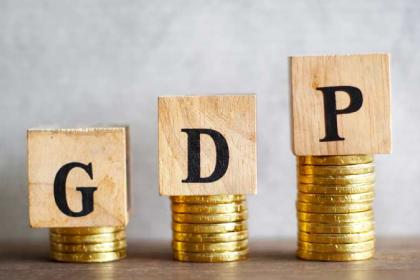
The petrochemical sector is a high-emitting industry that is a crucial middle-ground between multiple sectors and is often touted as the producers of the 'building blocks of life' because of its omnipresence in everyday life. Despite this, however, petrochemicals slip under the radar in discussions on alleviating the impacts of climate change and the necessity for rapid decarbonisation, where focal points often centre on energy production, transport, and food.
This paper maps the finance flows in the petrochemical industry since 2009 with the aim of identifying potential leverage points in the world of public and private finance that could help hasten the rate of decarbonisation for a sector that is hard-to-abate, given its dependency on the fossil fuel industry and the necessity for high-levels of heat and energy in its production processes. The findings aim to help contribute to debate given the growing number of governments and industries that have pledged to low-carbon or even zero-carbon strategies.
Chemical and plastics production, although inextricably connected with the extractivist fossil fuel industry at our current standpoint, do not have to be solely derived from fossil fuel feedstocks. Bioplastics and bio-based chemical innovations are hitting the market, but they continue to account for a negligible fraction of the overall output of the industry.
This paper assesses the state-of-play in the financing of these niche-level innovations and identifies potential manners in which the re-direction of existing capital flows connected to the industry could harness the momentum of a green transition and realise an equitable pathway for decarbonisation.




